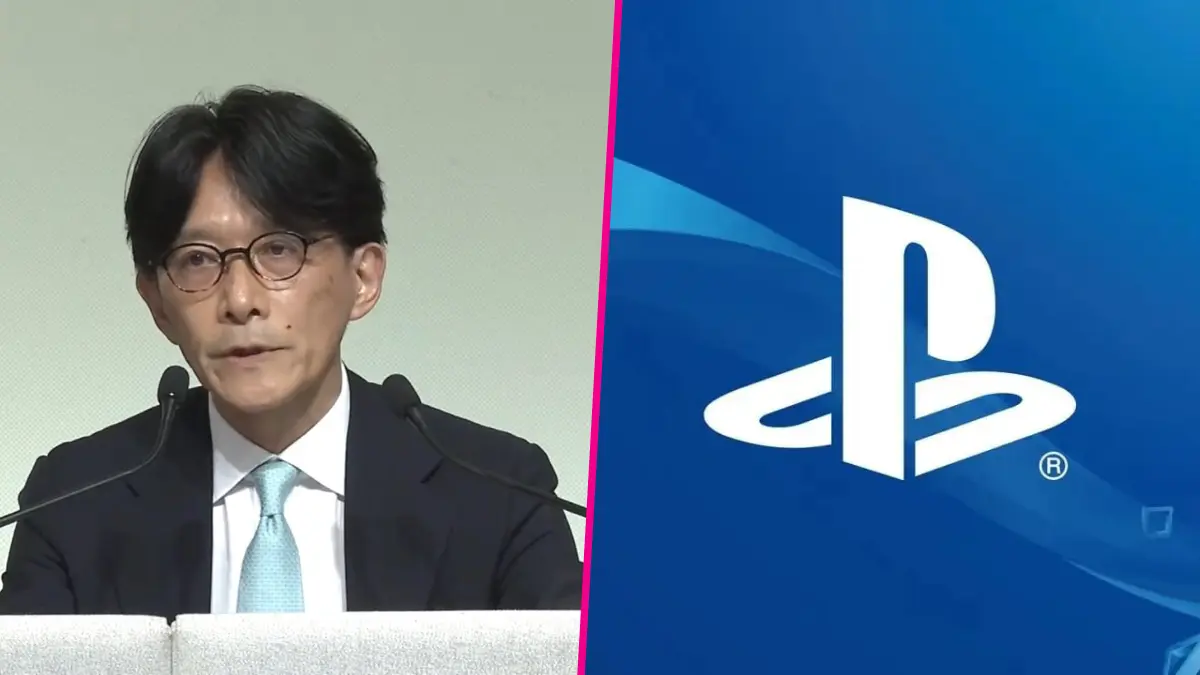Sony’s Vice President Sadahiko Hayakawa has officially announced that the company is moving away from its traditional hardware-focused business model toward a broader platform approach. This new direction means Sony will be less focused on selling PlayStation consoles as its primary goal and more interested in expanding the PlayStation community across various devices and services.
“We are officially shifting our core business model away from focusing predominantly on PlayStation hardware,” Hayakawa said while talking about Sony’s changing business plans. The company now wants to grow the PlayStation ecosystem and reach more players by making its games available on more kinds of devices.
This move is already underway, with past PlayStation exclusives like God of War, Horizon Zero Dawn, and Spider-Man now on PC. Reports also hint that Sony could keep this going, possibly bringing games to competing platforms like Nintendo’s Switch 2 and Microsoft’s Xbox.
Sony isn’t just focused on porting existing games. The company is also looking at licensing deals that could let third-party studios make games with Sony’s popular franchises. For instance, Bandai Namco is rumored to be working on a new Hot Shots Golf game that might show up on systems other than PlayStation.
This approach is similar to what Microsoft’s done, putting more attention on its Game Pass subscription and making games available across several platforms, rather than just selling exclusive hardware. On the other hand, it’s a totally different story from Nintendo, which keeps its big-name games locked to its own hardware.
Experts say there are several reasons behind this change. Making blockbuster games is more expensive than ever, and sales of gaming consoles have hit a ceiling. Meanwhile, things like digital services, game streaming, and subscriptions provide a steadier flow of money than relying on a big new console every few years.
Sony is also updating how it measures success, moving from simply counting hardware sales to tracking how many people use PlayStation on any platform each month. This matches the company’s bigger plan to think of PlayStation as a worldwide gaming community, not just a box under your TV.
The end of an era?
This change doesn’t mean PlayStation consoles are going away. They’ll just become one piece of Sony’s bigger gaming strategy. Sony will keep using its huge lineup of games and entertainment properties—including movies, music, and anime—to make the most money across all kinds of platforms.
For players, this probably means you’ll be able to get PlayStation games on whatever device you like best, whether that’s a PlayStation system, a PC, or maybe even another company’s hardware. It could also mean more variety in PlayStation games, including a mix of big exclusives, games available everywhere, and new service-based experiences.

